
OR
EU launches support in mainstreaming women in trade policies
Published On: August 15, 2023 07:53 AM NPT By: Republica | @RepublicaNepal
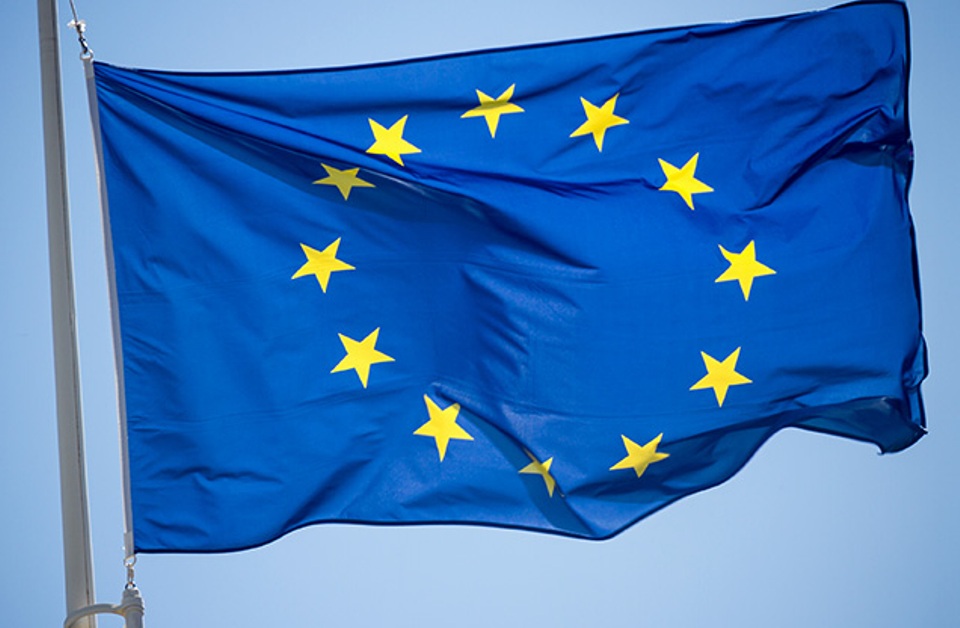
KATHMANDU, Aug 15: A workshop that aims at enhancing policy makers’ capacity in integrating gender considerations into trade and trade-related policies has kicked off in Lalitpur on Monday.
The two-and-a-half-day workshop is jointly organized by the Ministry of Commerce and Supplies (MoICS) and the EU-Nepal Trade and Investment Program with technical support from the International Trade Centre (ITC)’s SheTrades Initiative.
The first day of the workshop covered key issues related to trade and gender, international conventions, and instruments to promote women’s participation in trade, options, and steps to empower women through policy, and the good practices in other countries on gender mainstreaming.
The workshop is expected to serve as a vital platform to not only facilitate the understanding of gender mainstreaming within trade policies but also to bolster the efforts of Women’s Business Associations (WBAs) in formulating position papers for policy advocacy.
Within the framework of the event, the survey data collected for SheTrades Outlook will be presented, and its outcomes will be validated by experts and other participants representing government agencies, women’s organizations, and development partners. The workshop is grounded in ITC’s comprehensive guide for incorporating gender considerations into trade and trade-related policies, strategically designed to advance the cause of women in trade.
Throughout the workshop, policymakers will get the opportunity to augment their comprehension of diverse strategies for integrating gender into trade policies. Additionally, participants will gain insights into global best practices that promote the economic empowerment of women encouraging their greater participation in business.
This workshop is poised to establish a platform for both public and private sector stakeholders to exchange experiences, lessons learned, and insights to enrich the ITC-developed SheTrades Outlook.
The forum will also offer WBAs an opportunity to deliberate on their policy priorities and formulate their proposition. The paper will serve as a valuable tool for policy advocacy, presenting recommendations to policymakers across various platforms.
Anticipated outcomes of the workshop encompass the enhancement of services and policies for women, fostering a conducive environment for women in trading, and advancing gender equality by providing women with greater access to markets.
Speaking on the occasion, Dorothy Tembo, Deputy Executive Director of ITC said increased participation of women in trade can’t be achieved without having a gender-responsive and inclusive trade policy.
Gobinda Bahadur Karki, joint secretary at the MoICS, stated that Nepal has made satisfactory strides towards enhancing women’s participation in the public and private sector. “Adding synergy among stakeholders is quintessential for effectively implementing women-friendly initiatives to ensure their greater role in the national economy.”
Eloisa Astudillo Fernandez, deputy head of Cooperation of EU Delegation to Nepal noted that many international conventions and instruments envisage inclusive and gender-responsive opportunities for women to encourage their role in trade and stressed the need to forge collective efforts among key stakeholder agencies. She underscored the importance of inclusive trade policies formulation and implementation for sustainable graduation from Least Developed Country- status and achieving Sustainable Develop Goals targets for Nepal.
You May Like This
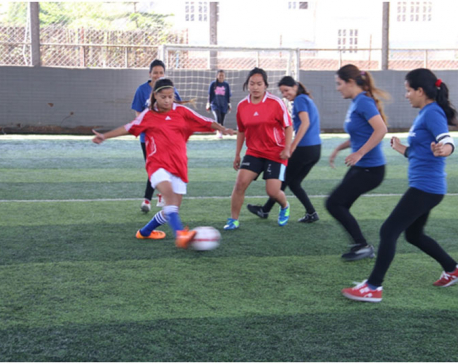
Futsal for the women, by the women and of the women!
KATHMANDU, March 19: WE United Project launched the Mahila Premier League (MPL) on March 18 at Grassroots Recreational Center in Mandikhatar. ... Read More...
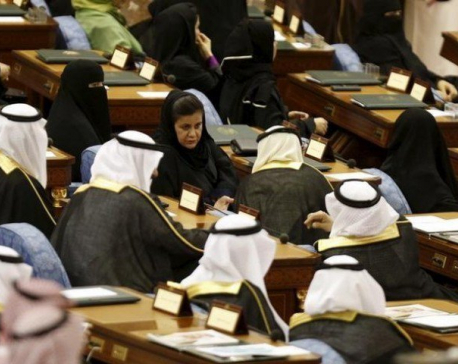
Saudi women join forces to champion the changing role of women
RIYADH, March 9: In Saudi Arabia, a group of women are preparing an unusual event to mark International Women’s Day... Read More...
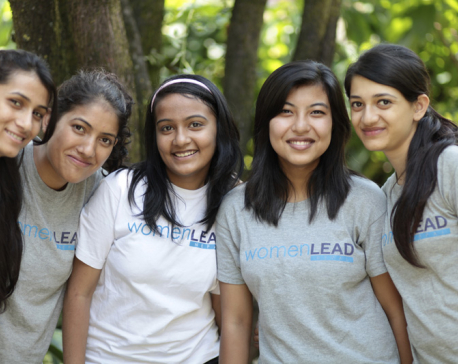
Helping women re-envision a better Nepal: Women LEAD Nepal
KATHMANDU,March 7: Women LEAD Nepal started as an idea that women and girls could change the trajectory of Nepal’s future and... Read More...


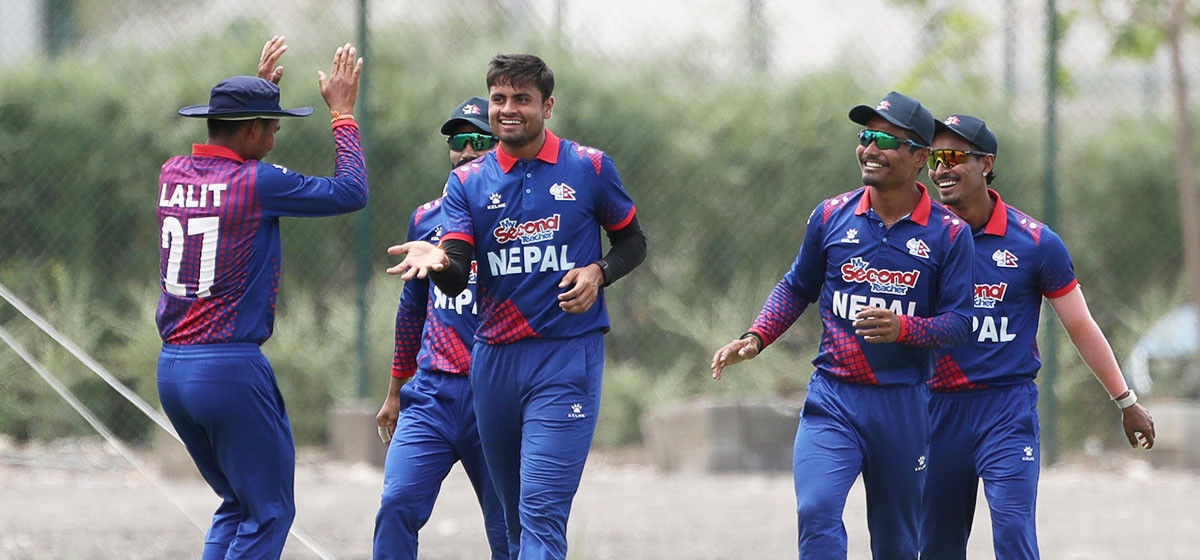

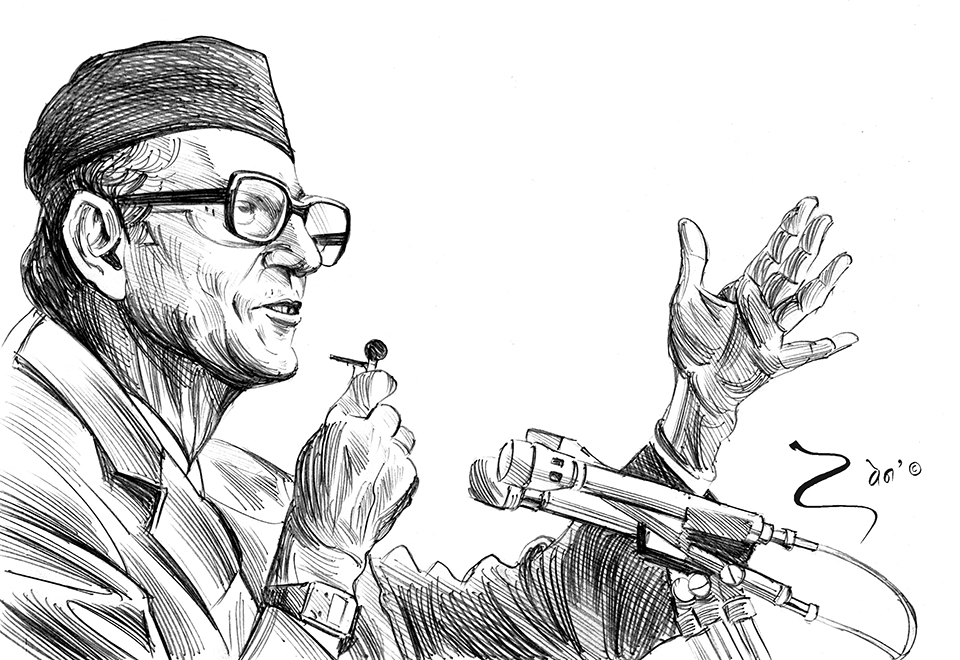


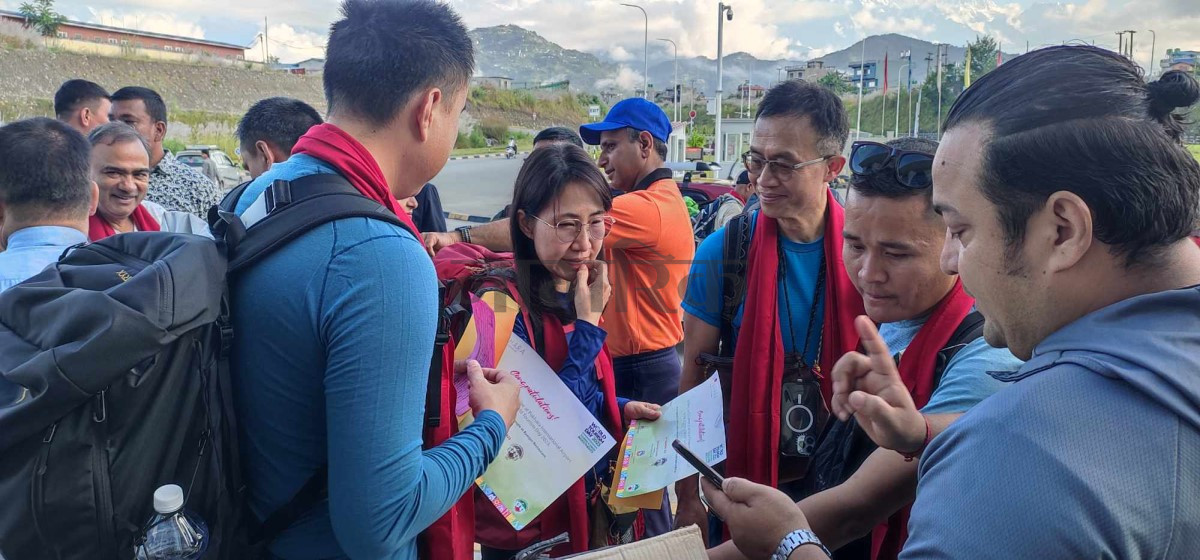
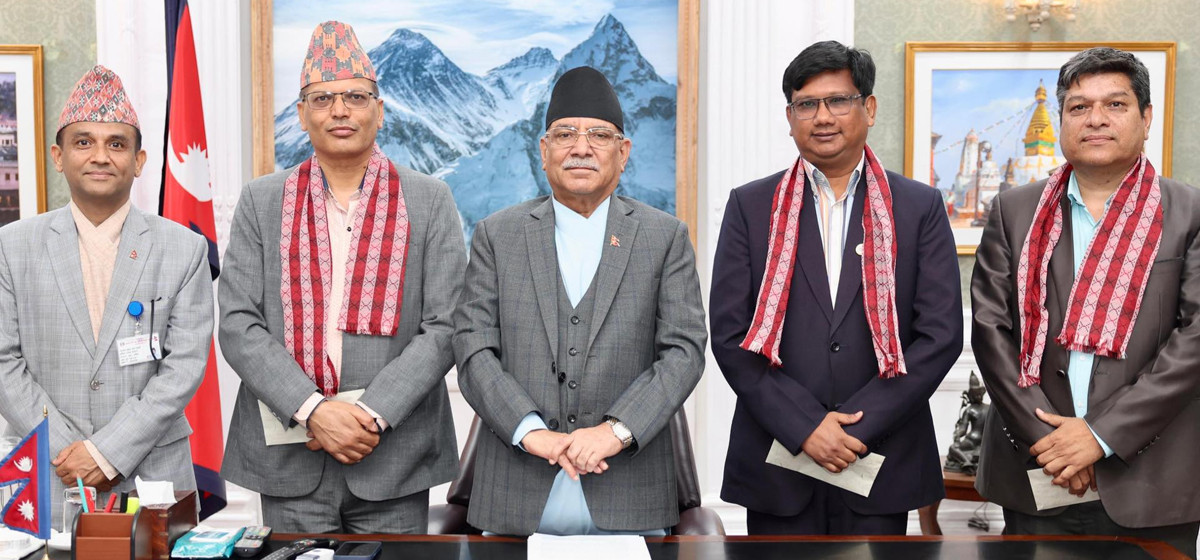
Just In
- Govt urges ISPs to settle outstanding tax liabilities amid internet service disruptions
- Cases of banking fraud up in Nawalparasi
- IGP Kunwar holds meeting with Indonesian National Police Chief Murti
- Nepal faces severe disruptions in internet service after ISPs fail to pay the Indian vendor
- Innovation Fund will be set up for IT sector expansion: PM
- NEPSE loses 7.31 points, daily turnover slides down to Rs 4.13 billion
- President Paudel summons budget session on May 10
- Over 100,000 tourists visit Nepal monthly on average






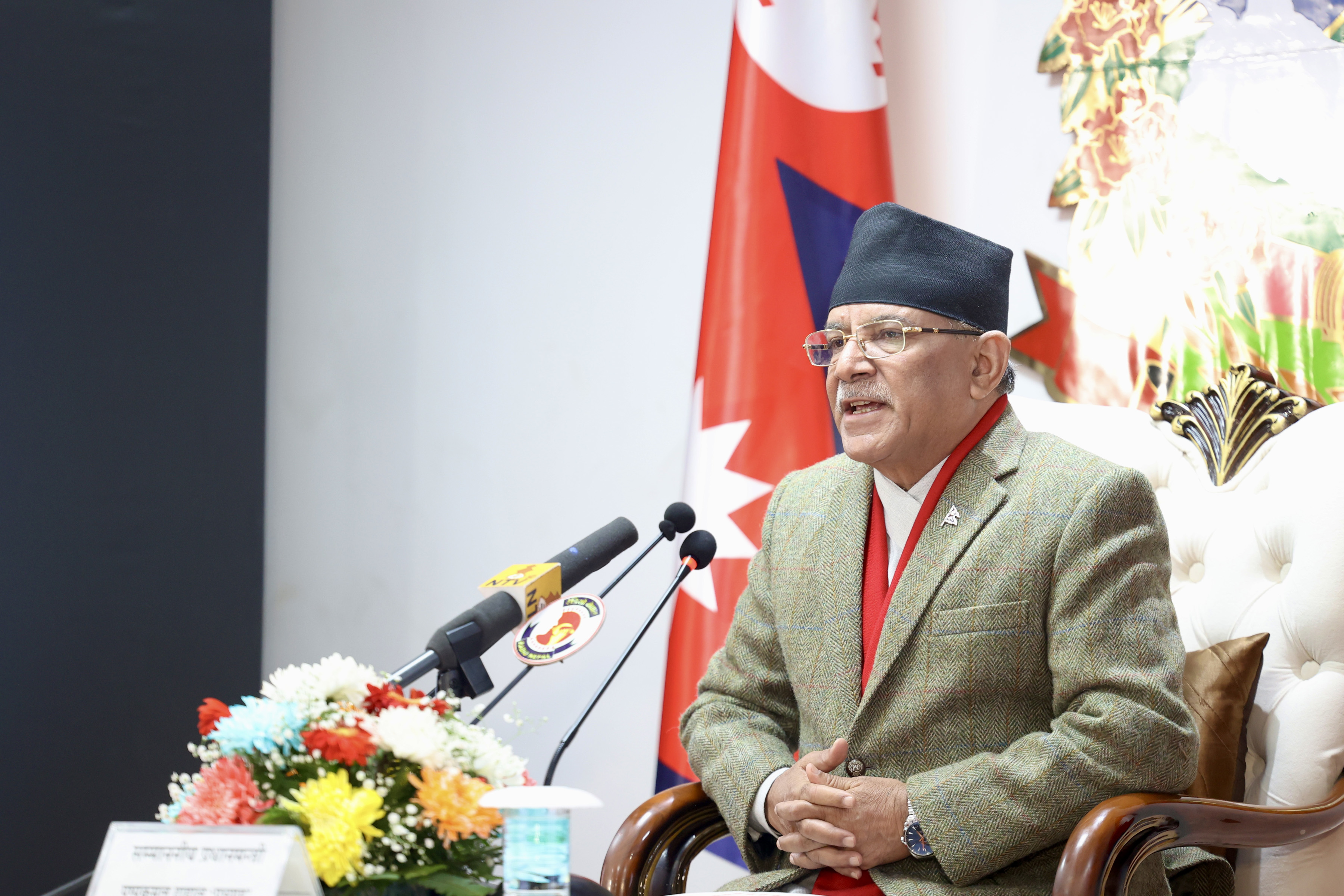

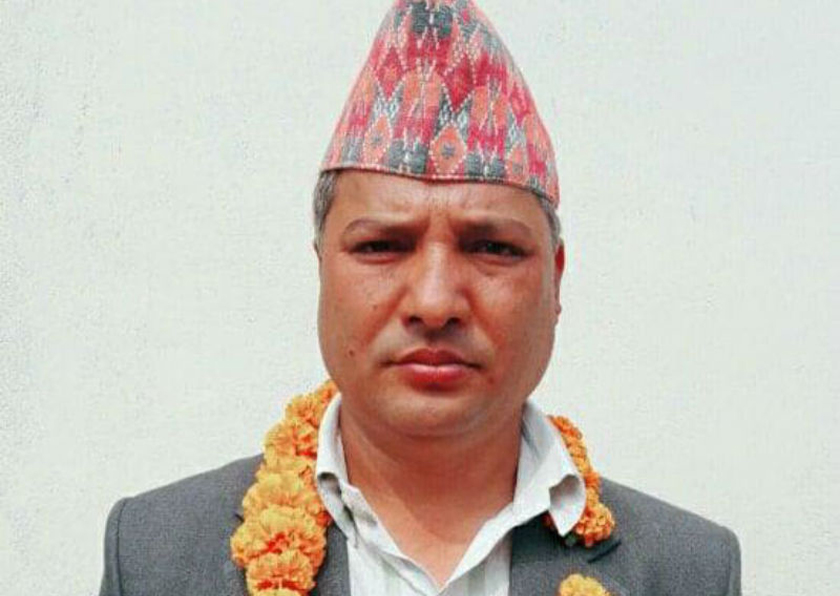

Leave A Comment